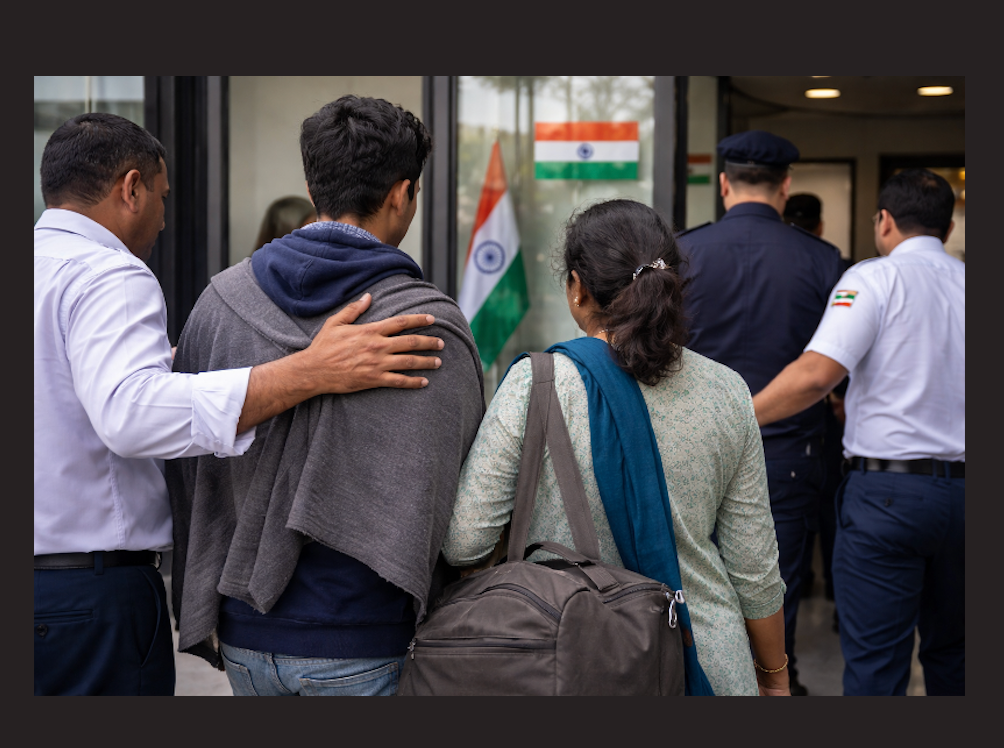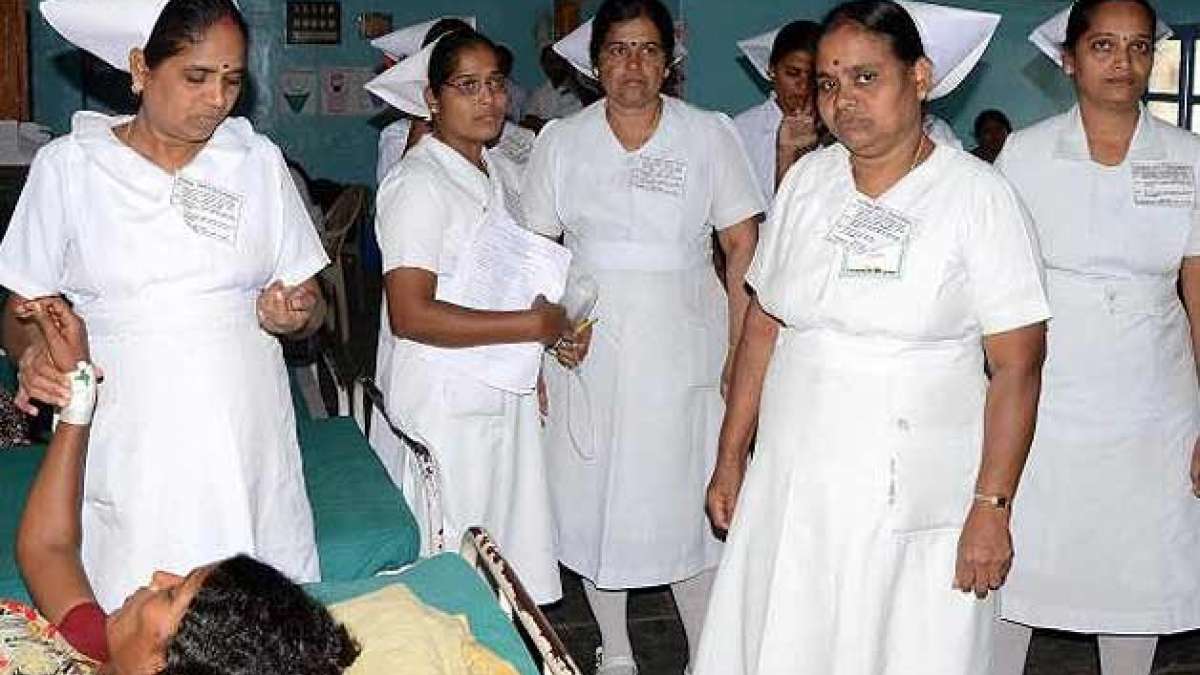-
What You Need to Know: Australia’s decision to tighten visa regulations comes amidst a significant increase in migration, particularly from countries like India, China, and the Philippines
-
While this influx has helped alleviate workforce shortages, it has also placed unprecedented pressure on Australia’s housing market and construction sector
Studying in Australia has long been a dream for many Indian students seeking quality education and global exposure. However, recent changes in Australia’s visa regulations are making this dream more challenging to achieve. As of March 23, Australia has tightened its rules for international students, especially those from India, in response to growing migration trends. Here’s a breakdown of what prospective Indian students should be aware of:
Revised Language Proficiency Standards: The bar for English language proficiency has been raised. Temporary Graduate visa applicants must now achieve an IELTS score of 6.5, up from the previous requirement of 6.0. Similarly, student visa applicants need a minimum score of 6.0.
Increased Financial Proof Requirements: Financial requirements for student visa applicants have been elevated. Aspiring students must demonstrate access to savings of at least $24,505, marking a 17% increase from previous levels.
Aspiring Indian students must navigate these new regulations carefully to fulfill their educational aspirations in Australia
Emphasis on Authentic Educational Intent: A new criterion called the Genuine Student (GS) requirement will closely scrutinize applicants’ intentions behind studying in Australia. Factors such as course selection, academic progression, immigration history, and compliance with visa conditions will be thoroughly evaluated.
Introduction of the Genuine Student Test: To further authenticate the influx of international students, Australia has introduced the Genuine Student Test, replacing the previous Genuine Temporary Entrant (GTE) requirement. This test aims to filter out applicants who may not have genuine academic goals. High-risk applications will undergo more rigorous examination under these new regulations.
These changes reflect Australia’s commitment to managing migration levels while addressing concerns about the integrity of its education system. Home Affairs Minister Clare O’Neil stated that these measures aim to fix the shortcomings in the existing system inherited by the government.
Adapting to these changes might pose challenges, but with proper preparation and understanding of the requirements, students can still pursue their academic goals in one of the world’s most renowned education destinations
Australia’s decision to tighten visa regulations comes amidst a significant increase in migration, particularly from countries like India, China, and the Philippines. While this influx has helped alleviate workforce shortages, it has also placed unprecedented pressure on Australia’s housing market and construction sector.
Aspiring Indian students must navigate these new regulations carefully to fulfill their educational aspirations in Australia. Adapting to these changes might pose challenges, but with proper preparation and understanding of the requirements, students can still pursue their academic goals in one of the world’s most renowned education destinations.
**********************************
Readers
These are extraordinary times. All of us have to rely on high-impact, trustworthy journalism. And this is especially true of the Indian Diaspora. Members of the Indian community overseas cannot be fed with inaccurate news.
Pravasi Samwad is a venture that has no shareholders. It is the result of an impassioned initiative of a handful of Indian journalists spread around the world. We have taken the small step forward with the pledge to provide news with accuracy, free from political and commercial influence. Our aim is to keep you, our readers, informed about developments at ‘home’ and across the world that affect you.
Please help us to keep our journalism independent and free.
In these difficult times, to run a news website requires finances. While every contribution, big or small, will makes a difference, we request our readers to put us in touch with advertisers worldwide. It will be a great help.
For more information: pravasisamwad00@gmail.com








